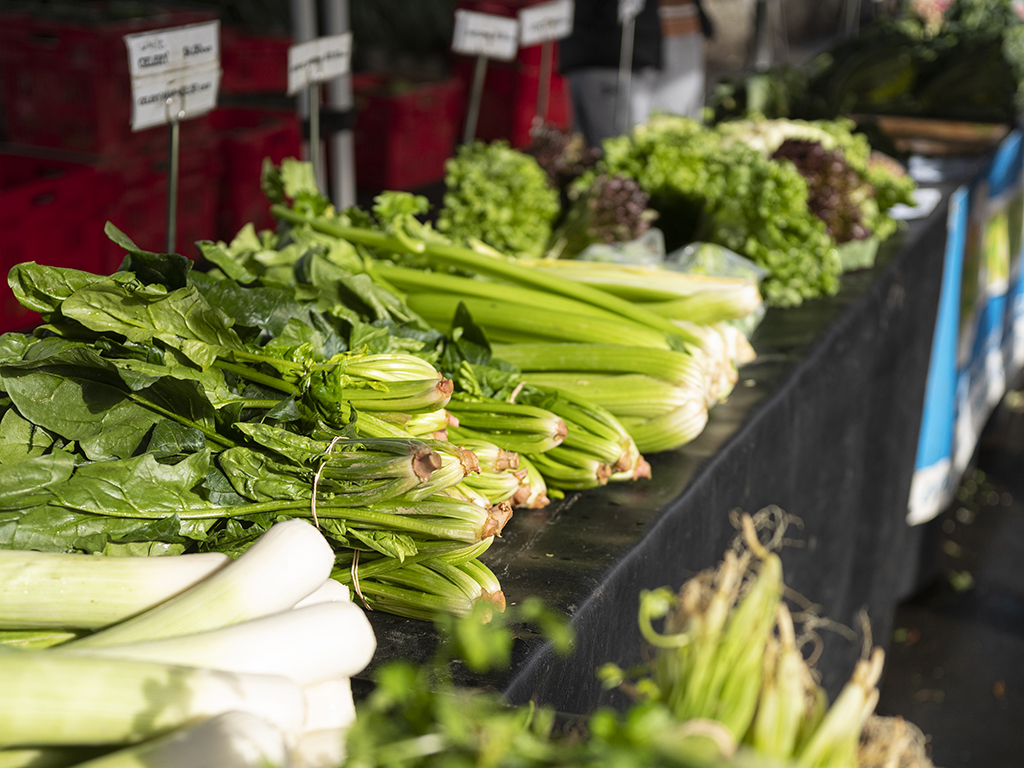As published in July/August BayBuzz magazine
The future looks so obvious in hindsight.
This is being written while we are at Level 2 – along with 3 and 4 – the ‘tumble drier’ months. Everything is turning upside down and we just have to hang on and get through it.
Good decisions we make now will hopefully help with the survival of our businesses and jobs. However, many of these decisions will probably end up simply being about how we manage through the current weeks, rather than providing us with bold and long-lasting insights into building sound platforms for future years.
Meantime we are being inundated with sweeping headlines like ‘get ready for the new normal’, ‘this changes everything’ and ‘things will never be the same again’.
But really? Are we sure?
I think there is as strong an argument to say that we humans will simply revert to type after a few months of ‘normal’, as there is to say that we will rethink our entire way of living, working and interacting with each other for generations to come.
Let’s not confuse the now with the next.
So, with that great unknown, perhaps we are better to consider – and to mangle a famous JFK line at the same time – ‘Ask not what coronavirus might do to our community. Ask what our community might do with coronavirus.’
There is no question that this has been an unprecedented time. Everything familiar to us has been challenged. Nothing about our day has felt normal.
It seems most businesses – and in fact most families – have used this as a time to focus on the necessary, to go back to basics, to simplify life and to prioritise only what is important and valued.
Perhaps Hawke’s Bay as a region could do the same?
Perhaps we should use this upheaval as the opportunity for a reset. The opportunity to get the basics right and start to build our ‘new normal’.
Perhaps we should stop asking ‘What impact will it have?’ and start asking ‘What impact can we have?’
So here’s a thought on how we could build the bedrock of the new Hawke’s Bay.
What’s our bedrock?
Yes, visitors, Art Deco heritage, the arts, the port, sports, the tech industry etc are all important and hopefully growing assets for our region.

But what’s our bedrock? What’s the one fundamental thing above all others that could help us prosper if we embraced it or devastate us if we destroyed it?
I would suggest it is our ability to grow and produce food.
Let’s start there and then let’s start adding the layers that would be vital for our reset.
Food needs a few things, but one of the most critical of those is water. So we’d better get that right. In a potentially increasingly dry Eastern region, how do we capture it, store it, value it, distribute it and keep it clean?
Another thing food needs is land. So this layer needs some big decisions too. If we’re going to continue to put crops and animals on it, how do we keep houses off it? Is this a golden opportunity for our cities and smaller towns to gain a population and therefore a pulse and a night-time vibrancy they in truth have never really had? (I am old enough to remember the buzz of Friday night shopping in Hastings – but even that was done, dusted, dark and deserted by 9pm.)
Next layer, we should not just be early adopters, we should be recognised internationally as drivers of the future of food. What will that look like? Should Hawke’s Bay look to become entirely organic? Perhaps. Or should it become a giant hydroponic, genetically-modified glasshouse? Perhaps not.
Could EIT and other local educational and scientific institutions focus their sights even more closely on what the world might desire from premium producers of food in the future?
Is there an opportunity to hold on to our bedrock of apples, stonefruit, grapes, sheep and beef, but also explore exciting new options that would also suit our drier warmer climate as well as the changing diets of the ever-demanding consumer?
And in doing so, is the future of food also where we look to unlock opportunities for employment and empowerment to help address the tenacious deep inequalities that still exist in our region?
Next layer. As well as water and soil, food also likes sunshine. Co-incidentally so do visitors. Yes, we have a number of strings to our visiting bow from interesting buildings to beaches to bike paths.
But what if we were genuinely and famously one of the world’s most authentic and exciting growers, sellers, preparers, cooks, educators and orators of world class food and wine?
We would not only attract new and interesting artisan growers and producers, but also chefs, writers, hospo training facilities and, most importantly, visitors with a passion to experience us at our authentic best. The valuable thing here is that they would be visiting to see, taste and experience the very thing that is at the bedrock of our economy.
We would not need to turn ourselves inside out, sacrifice our land or resources or add a bungy jump or a gondola to make ourselves worth a visit.
If we started with the bedrock of our reset being our ability to grow, export, prepare and present high quality, world respected, sustainable food, it would not only keep us real and faithful to our past, it would help guide and clarify some very big decisions for our future.


“HB Inc.” Won’t exist without sustainable supply & use of water. You’ve nailed it!